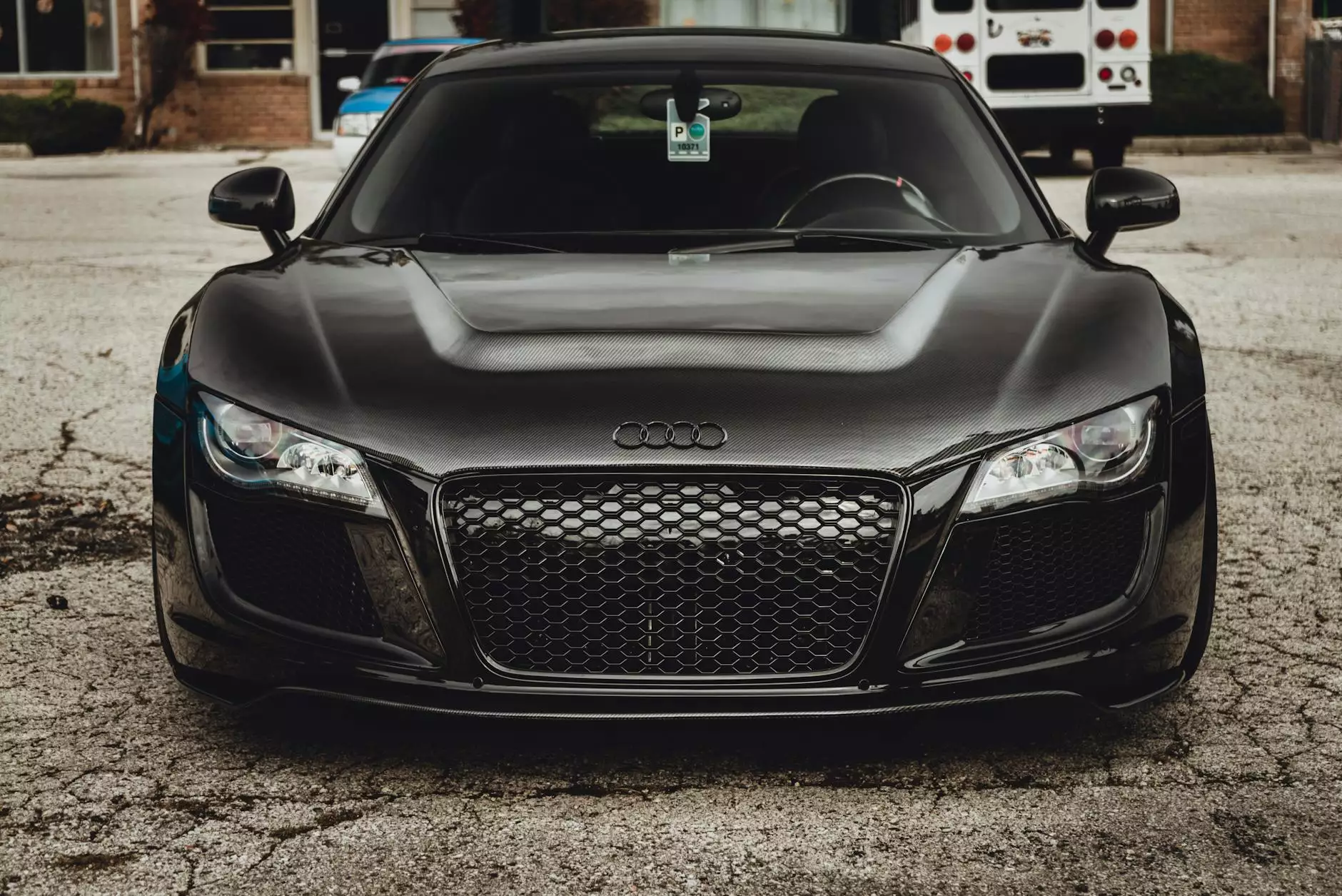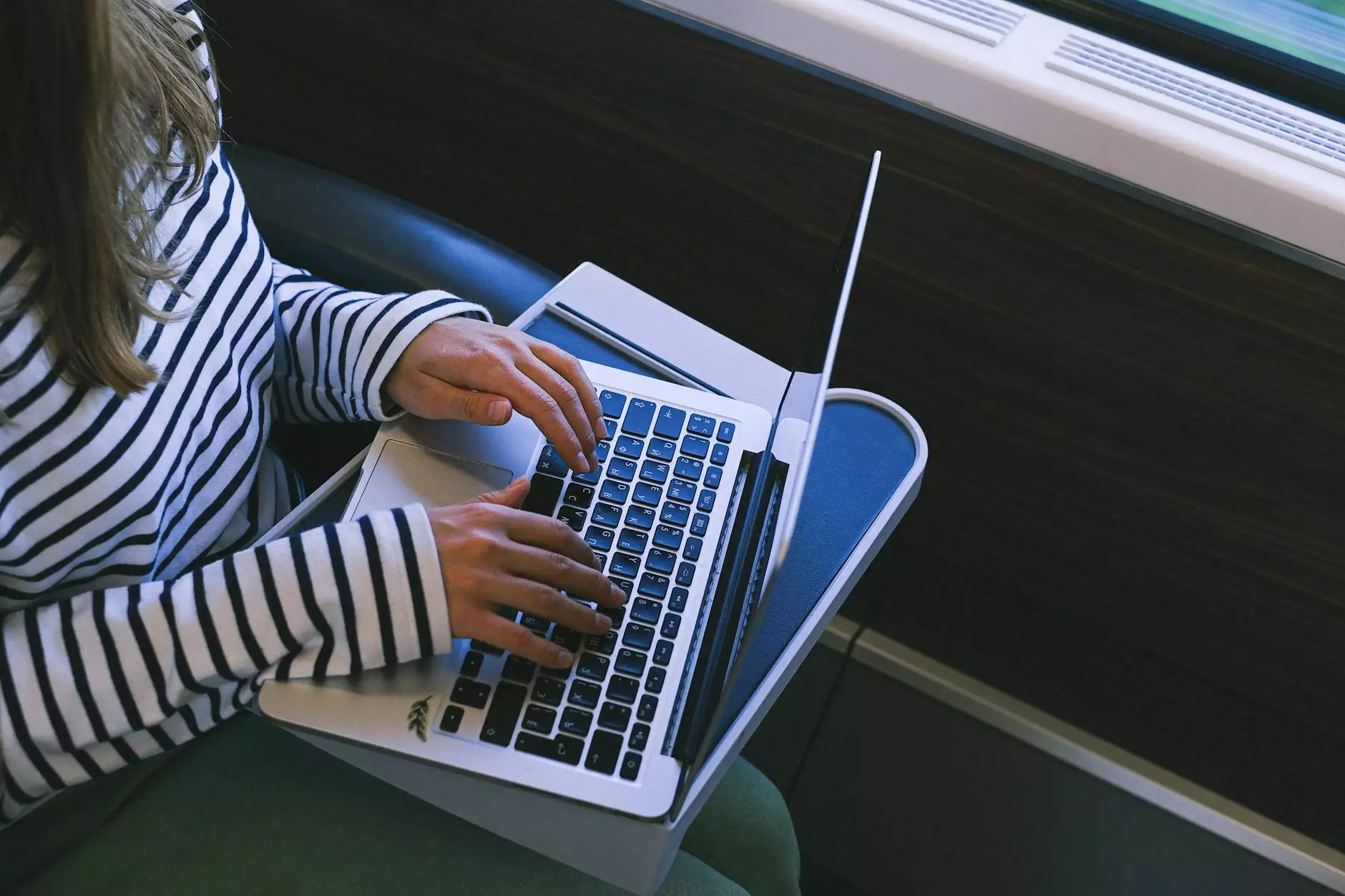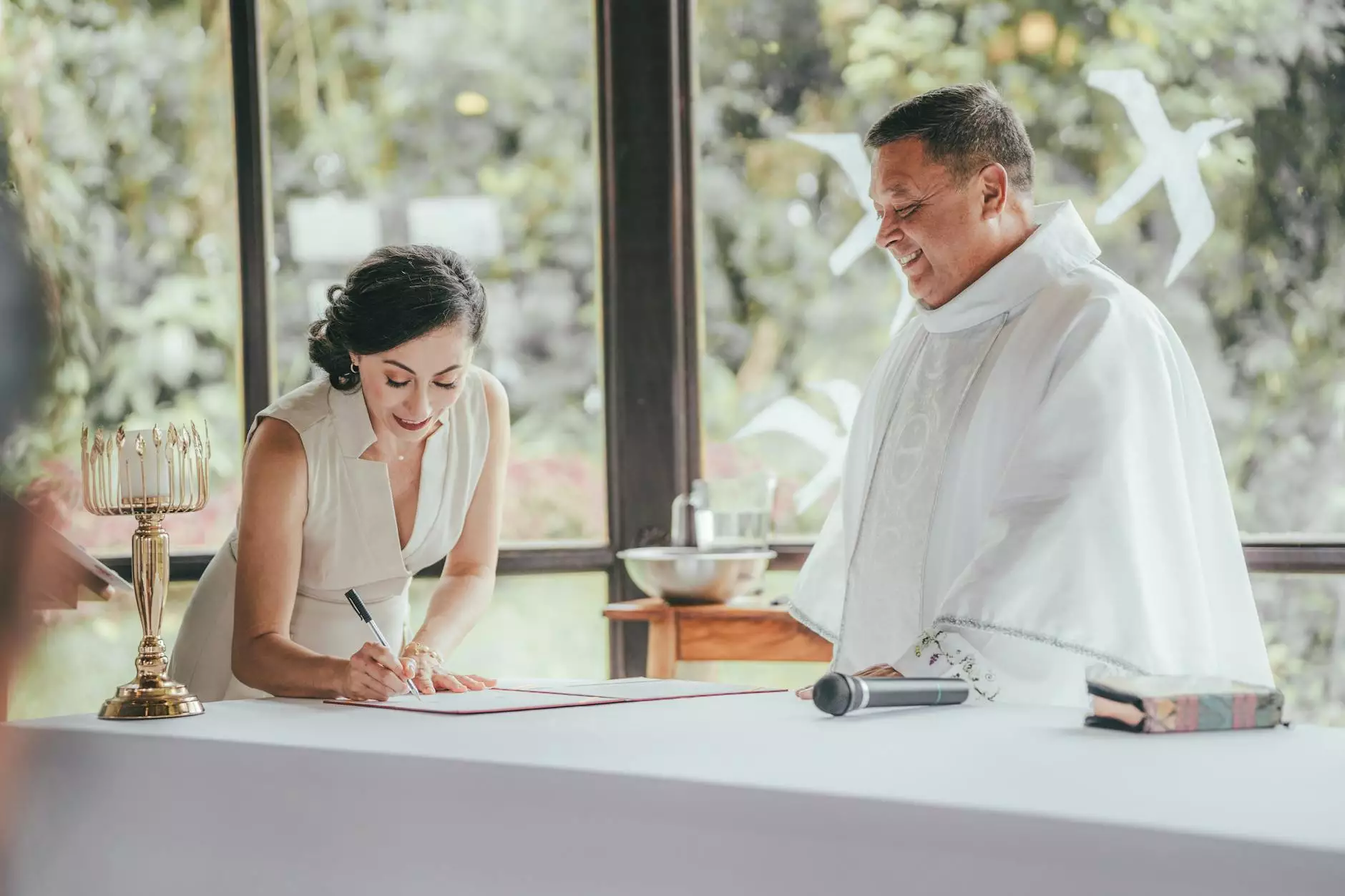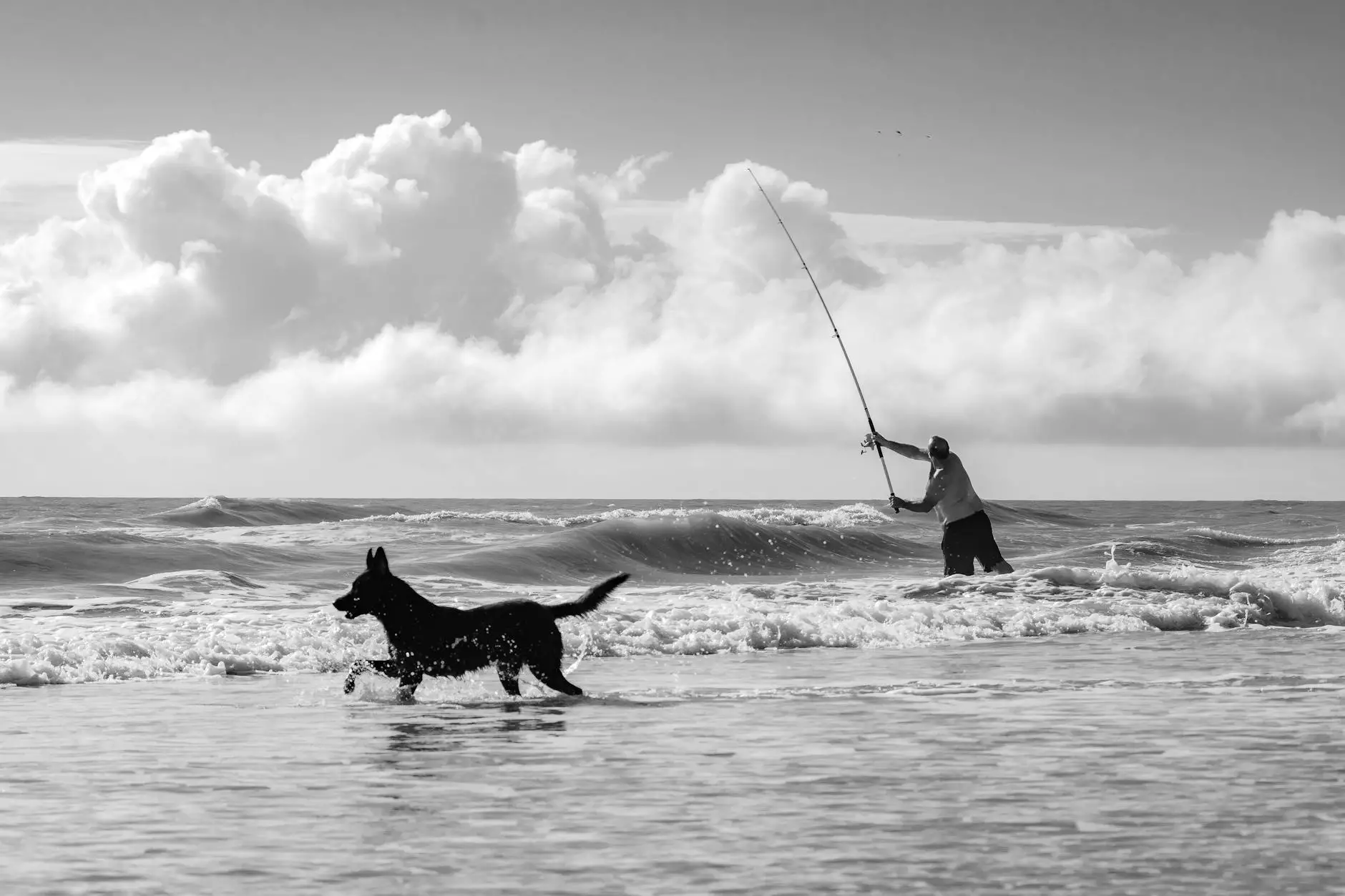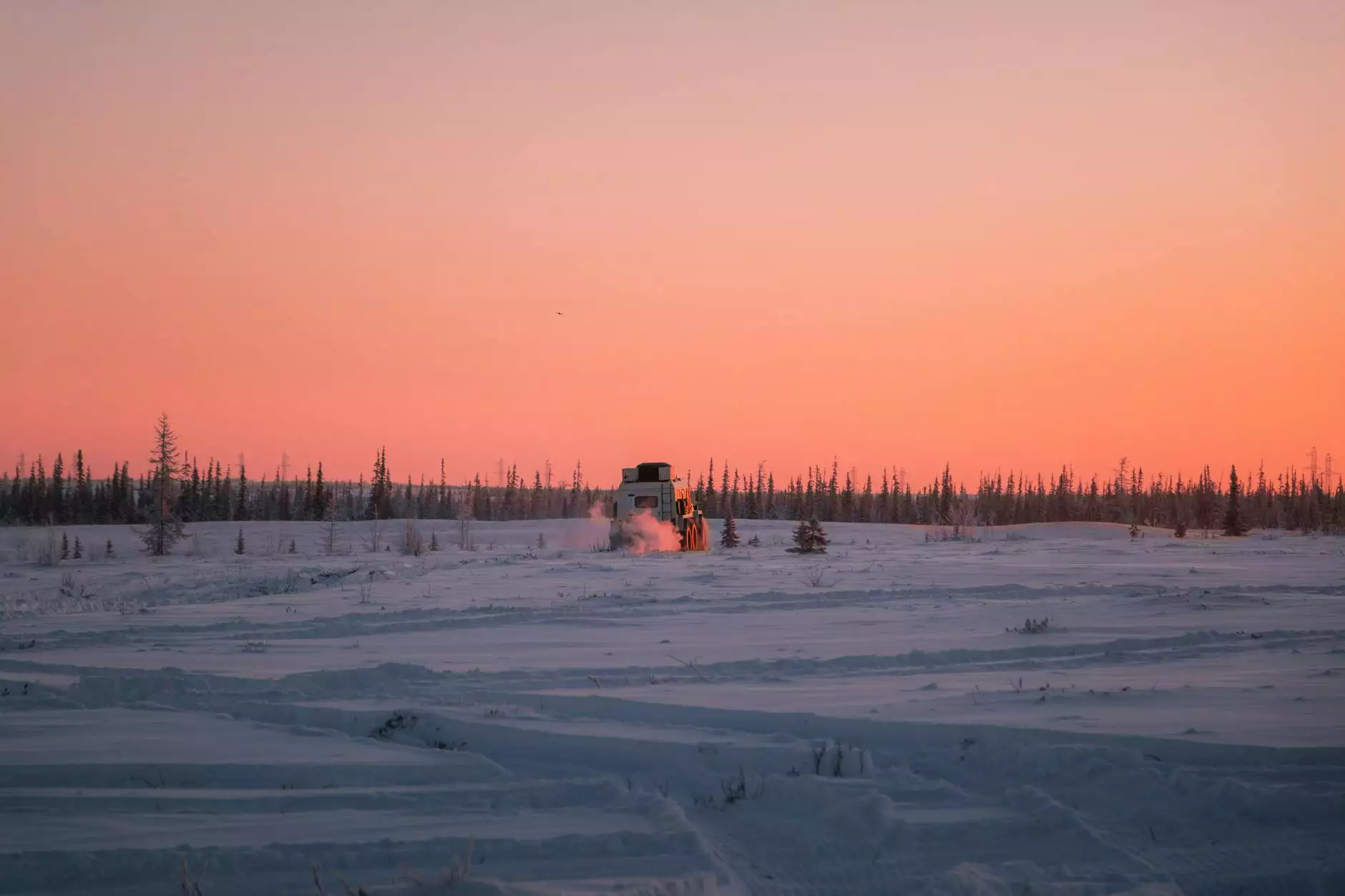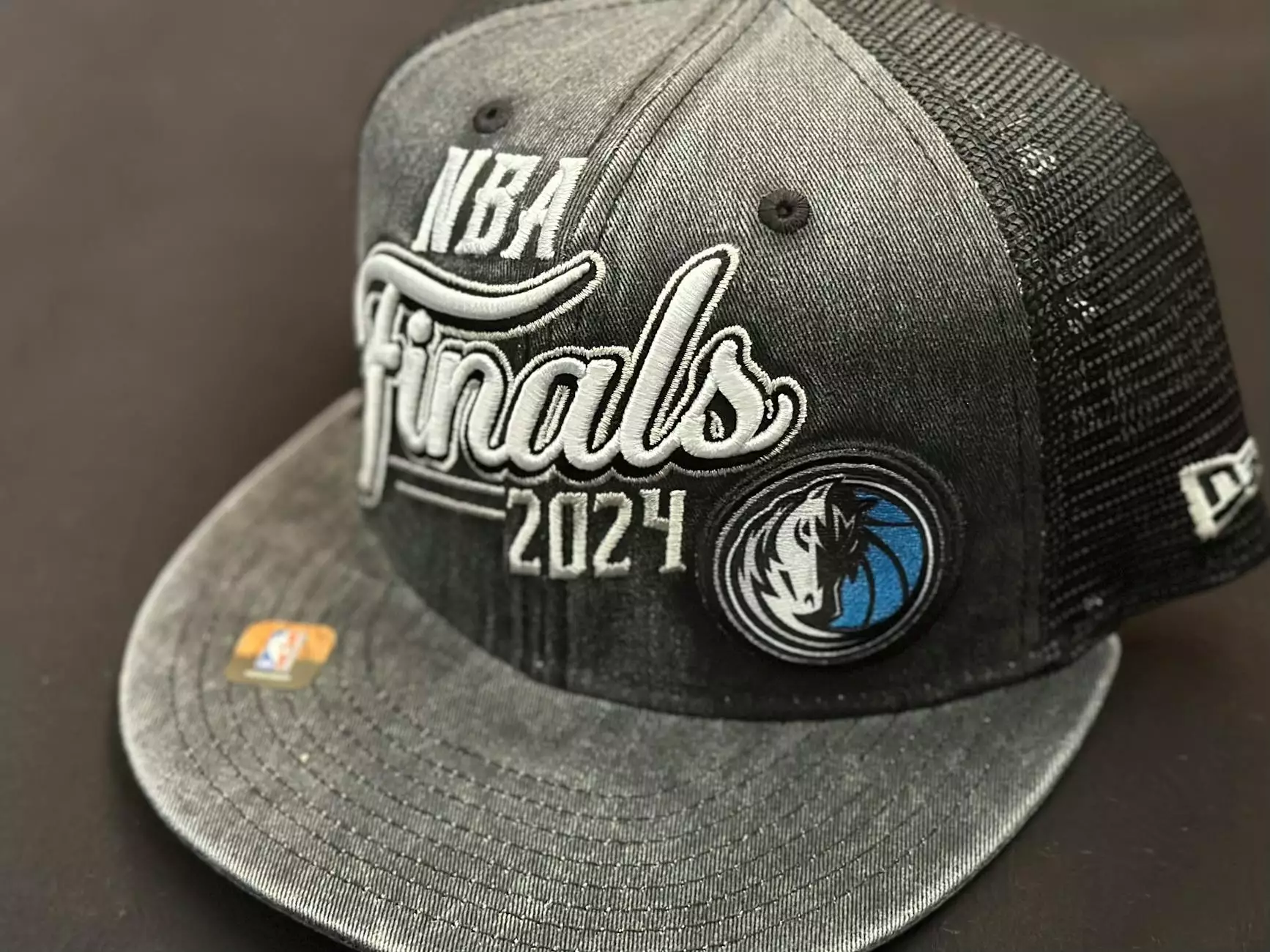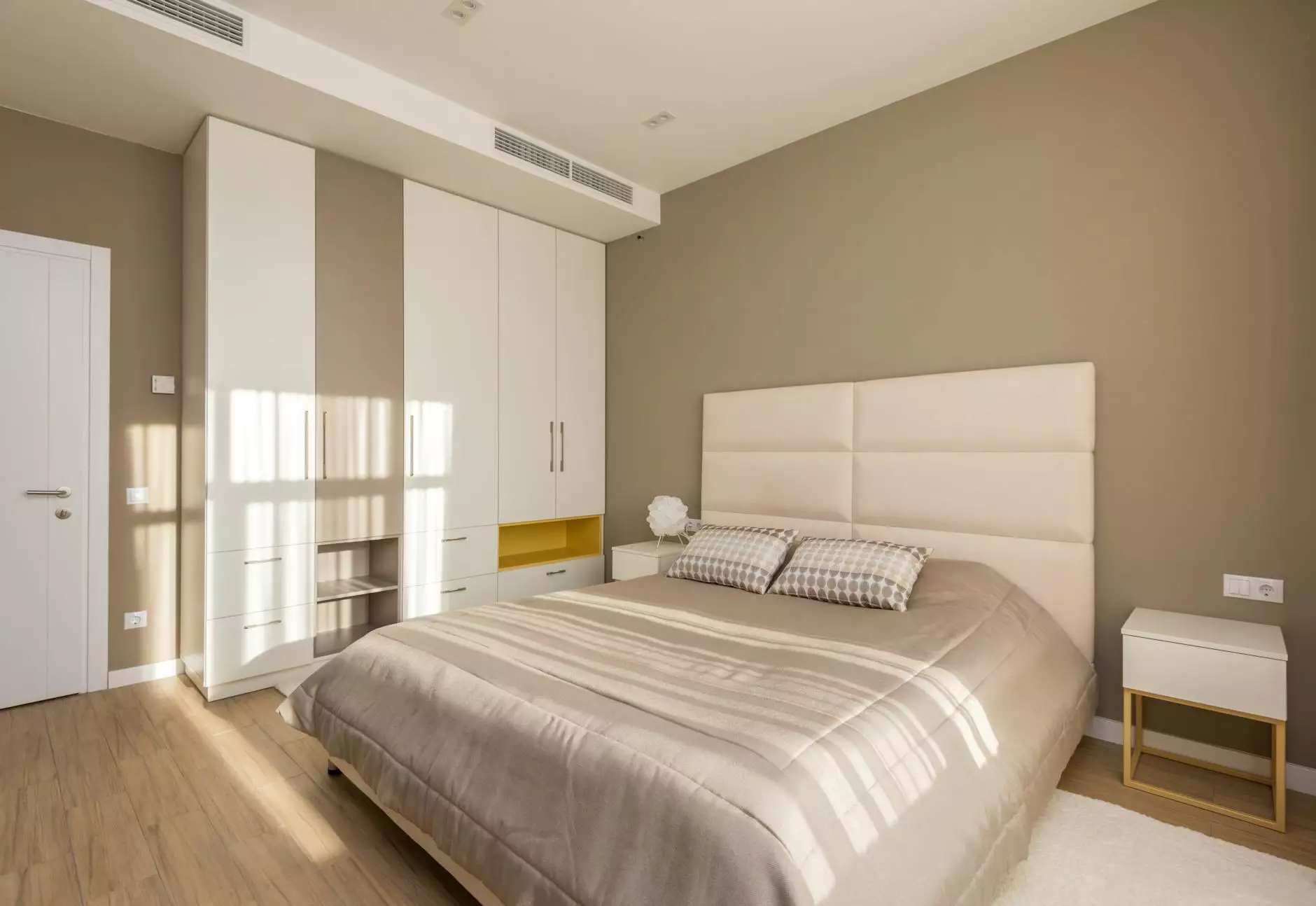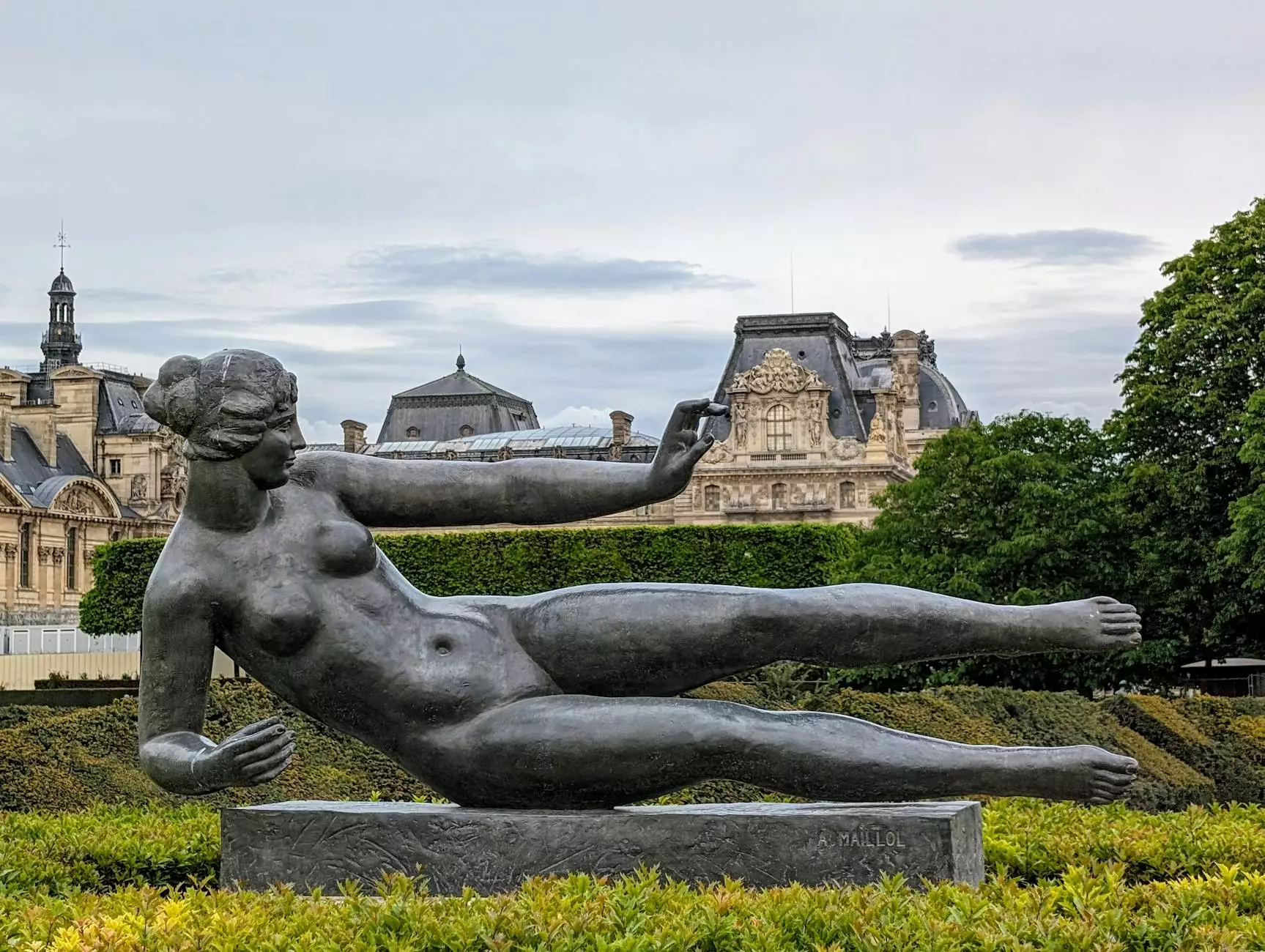Understanding Leopard Gecko Cost: A Comprehensive Guide
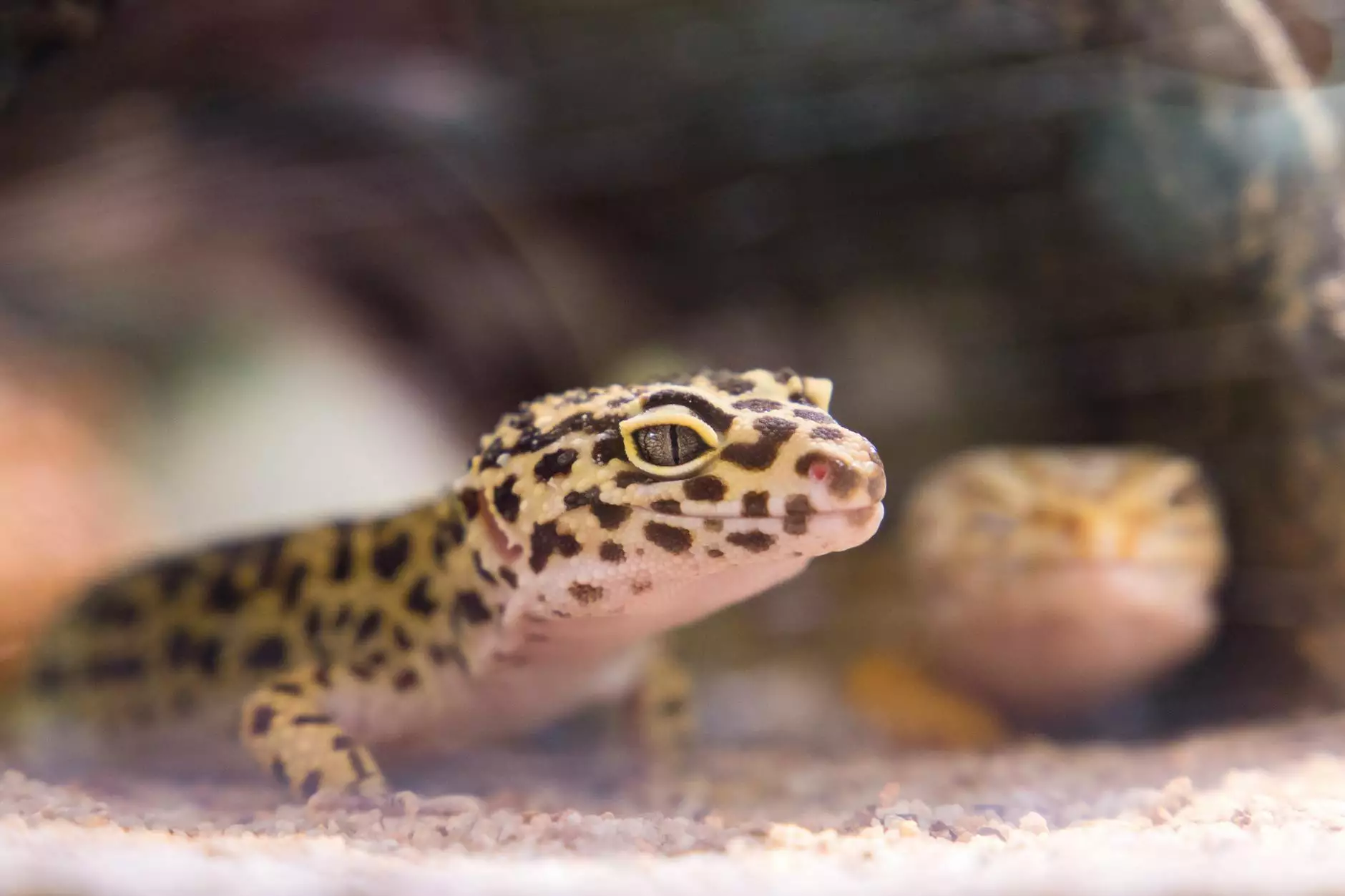
Introduction
The leopard gecko has become a popular pet among reptile enthusiasts due to its unique appearance, docile temperament, and relatively simple care requirements. However, prospective owners must consider various factors that play a role in determining the leopard gecko cost. In this comprehensive guide, we will explore the aspects that influence this cost, including initial purchase price, habitat setup, and ongoing care expenses.
1. Initial Purchase Price of Leopard Geckos
The first aspect to consider regarding leopard gecko cost is the initial purchase price. The price can vary based on several factors:
- Age: Younger geckos (hatchlings) are typically less expensive compared to adults.
- Color Morph: Leopard geckos come in various color morphs. Common morphs like the normal or high-yellow may cost less than rarer morphs such as the rainwater albino or tangerine blizzard.
- Breeder or Store: Purchasing from a reputable breeder often comes at a premium compared to pet stores.
- Gecko's Health: Ensure that the gecko is healthy, as higher costs may come from ethical sources that prioritize animal welfare.
On average, the cost of a leopard gecko can range from $30 to $200, depending on the above factors.
2. Habitat Setup Costs
Setting up a suitable habitat for a leopard gecko is crucial for its health and well-being. This setup involves various components, each contributing to the overall leopard gecko cost. Here’s a detailed breakdown:
2.1. Enclosure
The enclosure for a leopard gecko should be adequately sized to allow for movement and exploration. Common options include:
- Glass Terrarium: A 20-gallon tank is often recommended. Prices may range from $50 to $150.
- Plastic Tub or Rack System: These can be more economical, ranging from $20 to $70.
2.2. Substrate
The choice of substrate is important. Options include:
- Paper Towels: Simple and easy to clean, ranging from $5.
- Reptile Carpet: More aesthetically pleasing but requires occasional washing, costing around $15.
- Calcium Sand: Not recommended for all geckos, can be more expensive and is risky for digestion.
2.3. Heating and Lighting
Proper heating is essential for your leopard gecko’s metabolism:
- Heat Mat: Priced between $20 and $40.
- Ultraviolet Lighting: Optional but beneficial, costing around $30 to $60.
2.4. Hiding Spots and Climbing Structures
Leopard geckos need places to hide and explore:
- Hiding Caves: Can be purchased for about $10 to $30.
- Branches and Decorations: Generally around $15 to $25.
2.5. Total Initial Setup Cost
In total, you can expect to spend approximately $200 to $400 for a complete habitat setup.
3. Ongoing Care Costs
Once your leopard gecko is settled, there are ongoing costs to consider. These contribute significantly to the overall leopard gecko cost.
3.1. Food Expenses
Feeding your gecko a balanced diet is crucial. Leopard geckos primarily eat:
- Live Insects: Crickets and mealworms are common. Expect monthly expenses of $30 to $50.
- Supplements: Calcium and vitamin supplements are essential, costing around $10 to $20 monthly.
3.2. Vet Care
Regular check-ups can prevent serious health issues:
- Annual Check-up: Expect costs between $50 and $100.
- Emergency Vet Visits: Can be significantly higher, depending on treatment needed.
3.3. Replacement and Cleaning Supplies
Maintaining a clean environment is important:
- Substrate Replacement: Change substrates every few months, costing about $30 per year.
- Cleaning Supplies: Invest in disinfectants and cleaning tools, costing around $20 annually.
3.4. Total Ongoing Care Costs
Altogether, you should budget around $100 to $300 per year for ongoing care expenses.
4. Additional Costs to Consider
Understanding the leopard gecko cost is not limited to food, habitat setup, and healthcare. There are other potential costs you might encounter:
4.1. Insurance
Some pet owners opt for insurance plans that can help alleviate emergency costs. This can range from $10 to $20 per month.
4.2. Upgrades and Improvements
As your leopard gecko grows, you may want to upgrade its habitat. Consider budgeting an additional $50 to $100 annually for enhancements.
4.3. Special Needs or Care
If your gecko develops health issues, you may incur additional costs for specialized diets or treatments.
5. Conclusion
In summary, the leopard gecko cost entails much more than the initial purchase price. Prospective owners need to account for habitat setup and ongoing care to ensure their gecko thrives in its environment. On average, you might expect an initial investment of $200 to $400 for setting up a gecko’s habitat and subsequent annual expenses of $100 to $300 for maintenance.
Understanding these costs allows for a more informed decision when adopting a leopard gecko. By carefully planning and budgeting, you can provide a loving and healthy environment for your new pet.
6. Pet Adoption and Additional Resources
If you are considering a leopard gecko as your new pet, visit buyreptiles.com.au for insightful information on pet adoption and aquarium services. Ensuring that you’re well-versed in the requirements of leopard gecko care will contribute greatly to your and your gecko’s happiness.
7. Final Thoughts
Ultimately, the joy and companionship provided by a leopard gecko make the investment worthwhile. With the right knowledge, planning, and care, your leopard gecko can thrive for 10 to 20 years, bringing happiness to your life!
